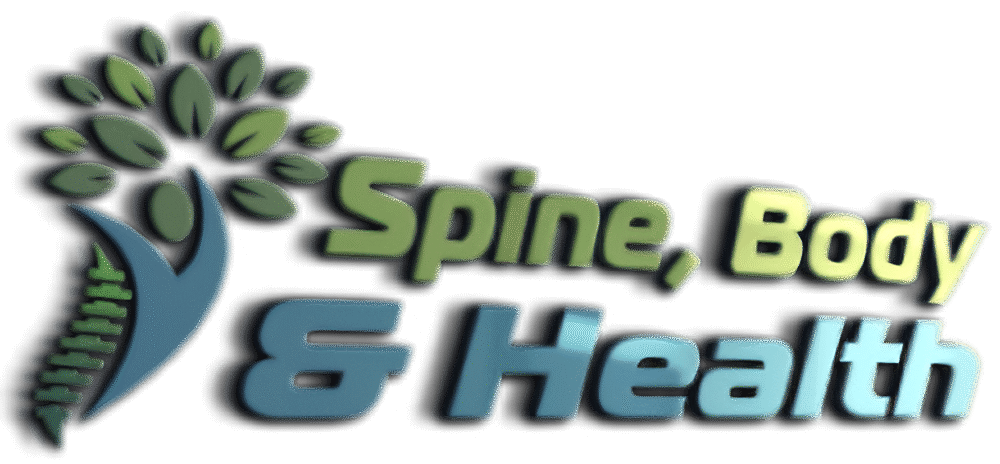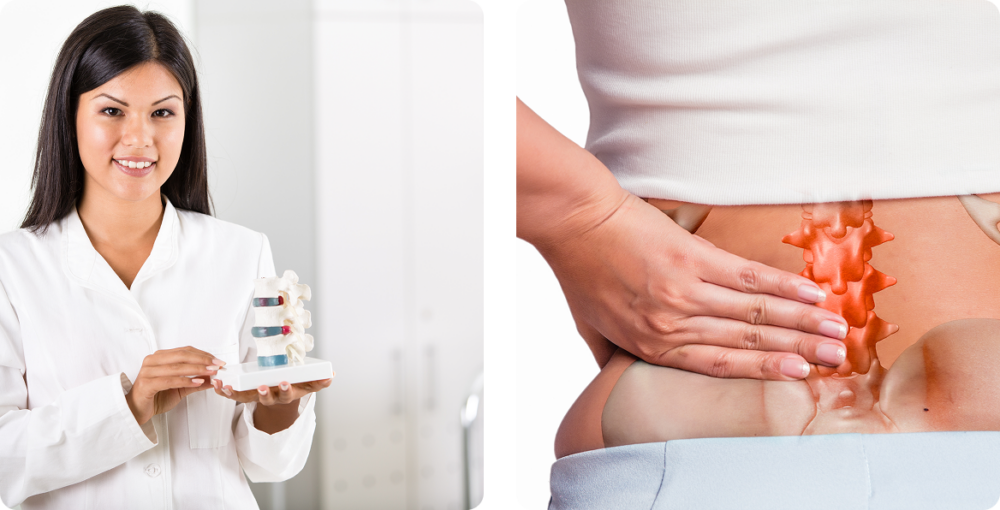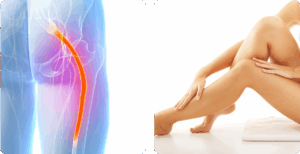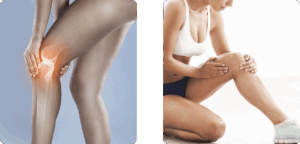Dealing with back pain can be a debilitating experience, especially when trying to decipher the cause. Many individuals struggle with the dilemma of distinguishing between muscle-related issues and potential disc problems in the lower back. Understanding the differences between these two conditions can help you seek the appropriate treatment and alleviate the discomfort effectively.
Understanding Lower Back Pain
When your lower back is in pain, it can stem from various sources. Two common culprits are muscular injuries and disc issues. Each type of pain has distinct characteristics and origins.
Muscle pain, often referred to as a strain or sprain, typically results from excessive physical activity or sudden twisting motions. On the other hand, disc-related pain which means conditions like herniated or bulging discs etc, which all result in physical nerve stress. Recognising the nuances of these two types of pain is crucial in determining how best to address your symptoms.
Identifying Muscle Pain
Muscle-related lower back pain often presents with specific symptoms. If you suspect your lower back is in pain due to muscle strain, consider the following characteristics:
Onset of Pain: Muscle pain often develops suddenly after physical exertion or awkward movement.
Nature of Pain: Typically described as a dull ache or tightness. You may also feel soreness upon touching the affected area.
Location of Pain: Muscle pain is generally localised to the area of injury. You might feel pain in the lower back, but it will often stay within that region.
Movement Impact: Movement may exacerbate the pain, especially if you try to bend or lift. However, certain stretches and gentle movements may provide relief.
If your symptoms align with muscle pain, rest and conservative treatments such as ice, heat, and over-the-counter pain relief can often help you feel better.
Identifying Disc Pain
Disc-related pain, means your lower back pain is directly due to issues with the vertebral discs, presents with different symptoms than muscle pain. Here’s how to identify disc-related issues:
Onset of Pain: Disc pain can sometimes come on gradually, though it may also result from acute injury, like a fall.
Nature of Pain: Pain from a disc issue is often sharp or radiating and can travel down the leg along the nerve pathway (sciatica).
Location of Pain: The pain may not just be localised in the lower back. It can radiate into the buttocks, hips, and down the legs, indicating nerve involvement.
Movement Impact: You might find it difficult to sit or stand for prolonged periods. Certain movements, like coughing or sneezing, may intensify the pain.
If your symptoms suggest disc involvement, it’s essential to consult with a healthcare professional that specialises in spinal healthcare.
When to Seek Professional Help
If your lower back is in pain, identifying whether it’s muscle-related or disc-related can be challenging. However, there are specific scenarios that warrant a trip to a specialist doctor. If you experience:
- Severe or worsening pain that interferes with daily activities
- Numbness, tingling, or weakness in the legs or feet
- Loss of bladder or bowel control
- Pain that lasts longer than a few weeks
These are signs that specialist intervention is required.
Final Thoughts: Understanding whether your lower back is in pain due to muscle strain or disc-related issues is essential for effective treatment. Pay close attention to the nature of your symptoms, their onset, and their impact on daily activities. Remember, while muscle pain can often be managed through rest and self-care, disc-related issues may require professional assessment and treatment.
Always listen to your body, and do not hesitate to seek medical advice if your pain persists or worsens. The sooner you identify the problem, the smoother your journey to recovery will be.
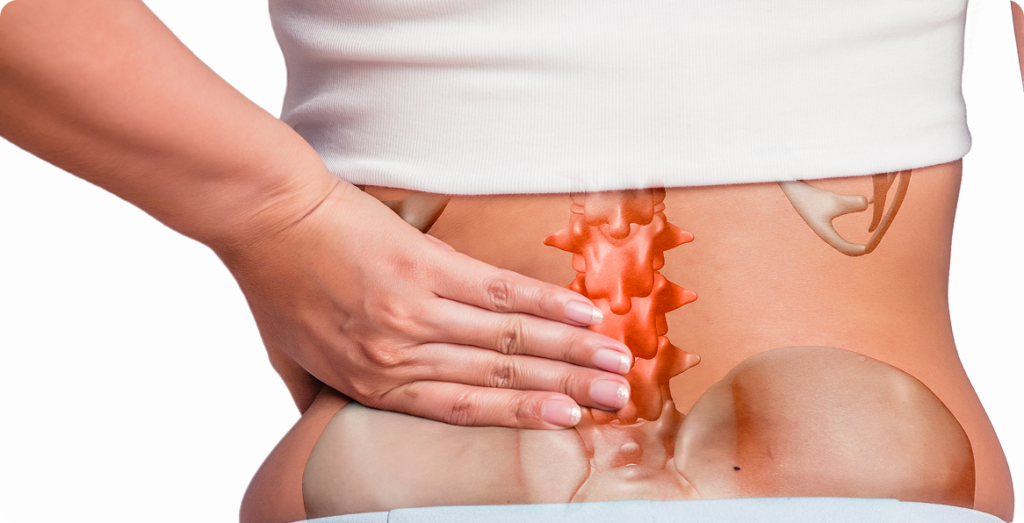
That’s all for now.
If you’re interested in learning more and would like a consultation with us at Spine, Body & Health then please click here to book your consultation.
See you soon,
Dr. Peter Olsson
Founder of Spine, Body & Health
Bedford, United Kingdom
